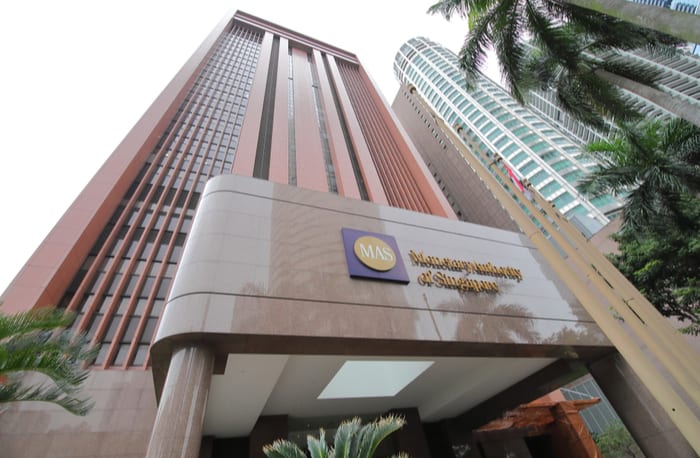Nium, Formerly InstaRem, Drops Bank License Pursuit

Singapore FinTech startup Nium — formerly branded InstaReM — is dropping its pursuit to compete for a digital wholesale banking license in the city-state, Bloomberg reported on Tuesday (Nov. 5).
The company is instead going to concentrate on its cross border business-to-business payments solution.
“Singaporean banks are extremely well entrenched in that ecosystem,” Nium Chief Executive Officer Prajit Nanu told Bloomberg in regards to wholesale banking. “Our strengths lie elsewhere, and we have decided to consolidate and focus on those areas.”
The idea to go after a license was sparked in July when the Monetary Authority of Singapore announced it was planning to award two full and three wholesale bank licenses.
Nium was among several companies that showed interest, including Grab, Singapore Telecommunications and Razer. So far, no one else has backed out.
Nanu told Bloomberg Nium will concentrate its efforts on cross-border payments and go after an electronic money institution license in Mexico and Brazil.
Among the best-funded startups in Southeast Asia, Nium raised $41 million earlier in 2019.
Backed by investors including Vertex Ventures, Fullerton Financial Holdings, Rocket Internet and MDI Ventures, Nium is currently regulated in the U.S., the European Union, Singapore, Canada, Hong Kong, India, Australia and Malaysia, processing billions of dollars a year for banks, payments institutions and retail users around the world.
Founded by the team that created InstaReM in 2014, Nium is used to create a wide range of payment services grouped into three categories: send, spend and receive. Companies working with Nium have the chance to become members of “The Open Money Network,” a digital collective of financial institutions, FinTechs, eCommerce platforms, travel companies and online marketplaces. In addition to using the platform for payment transactions, members can also build new products and services without legacy system constraints.
Nium is one of the first organizations to partner with Visa’s FinTech Fast Track program in the EU, Australia and the Asia Pacific region.